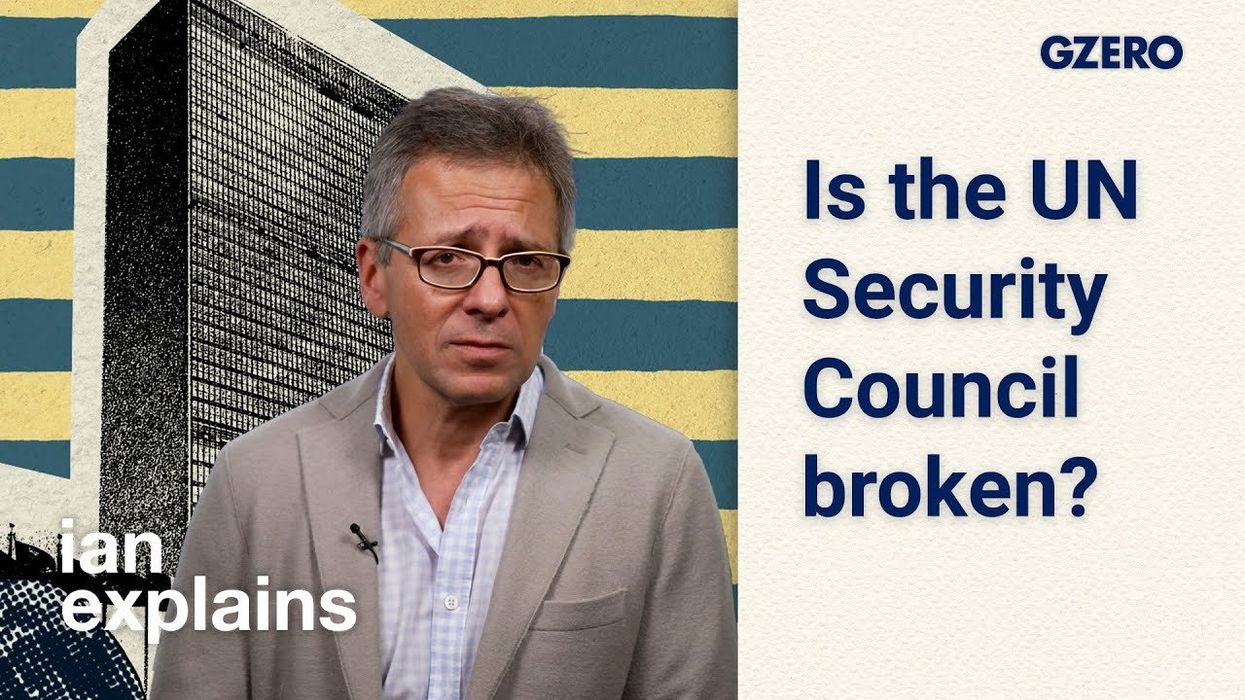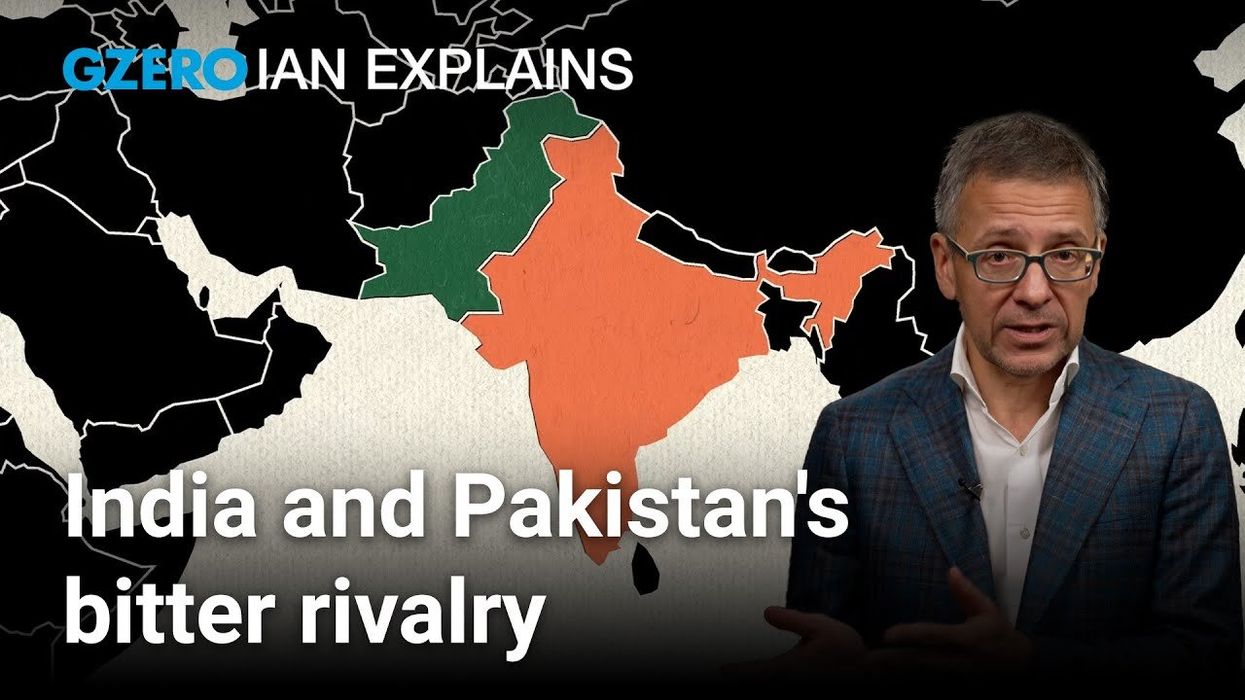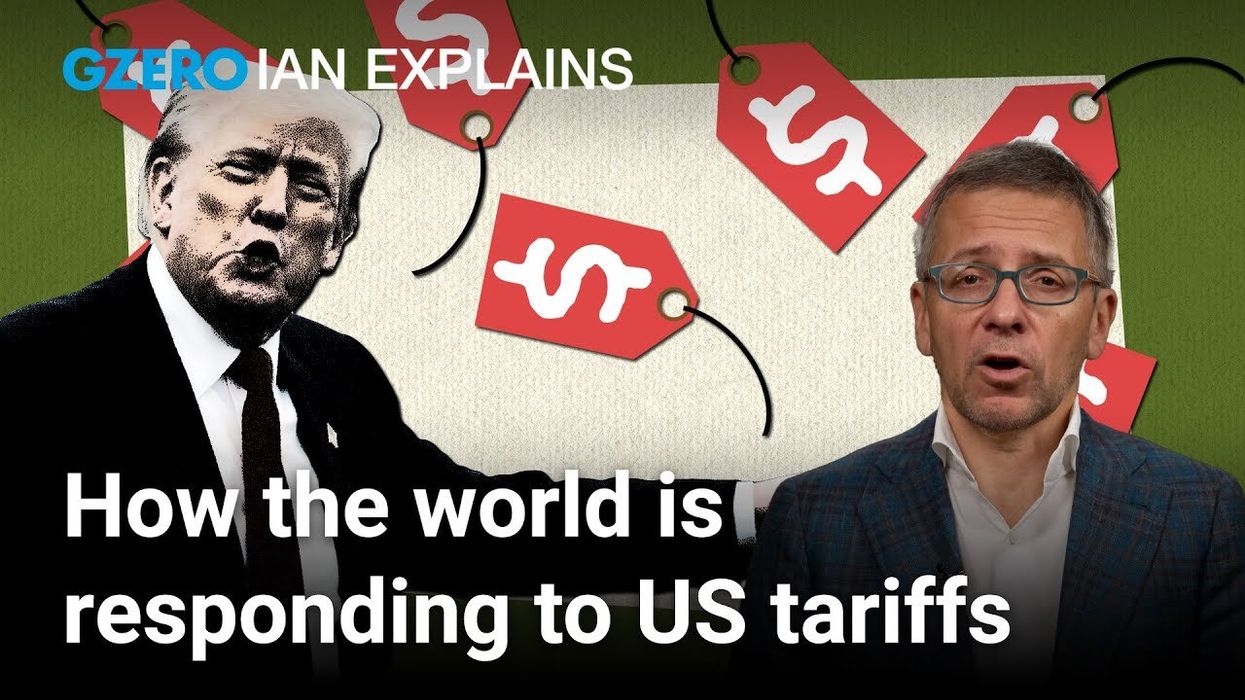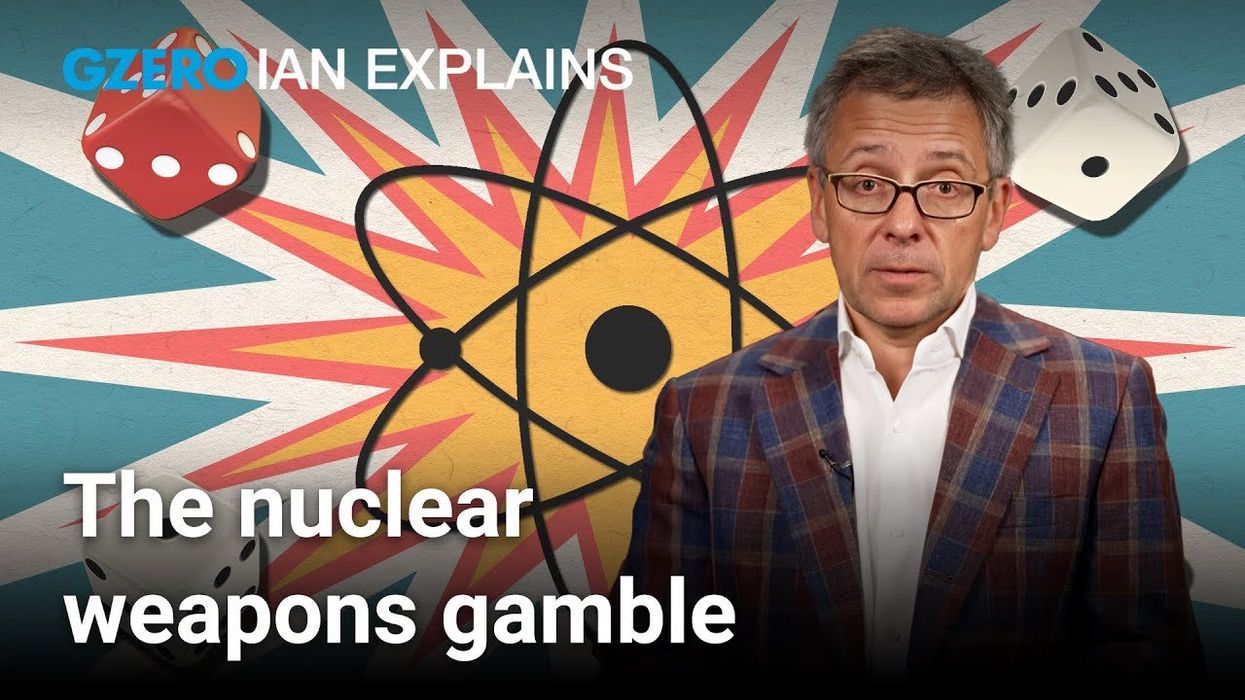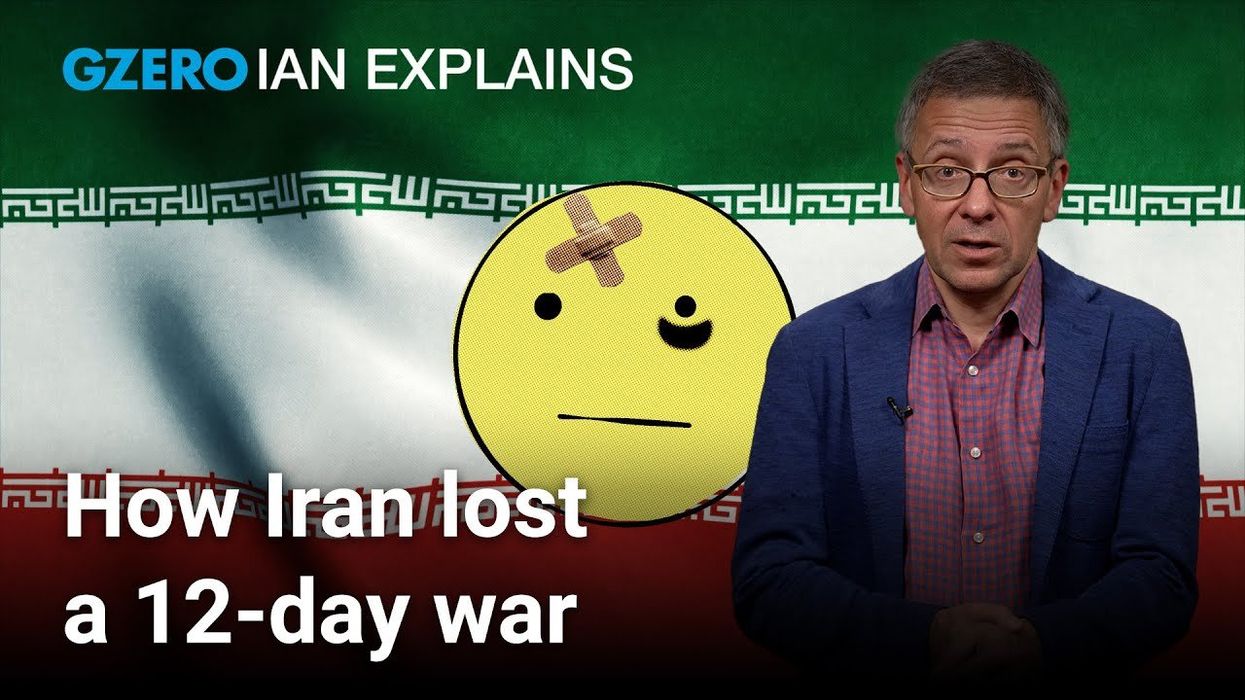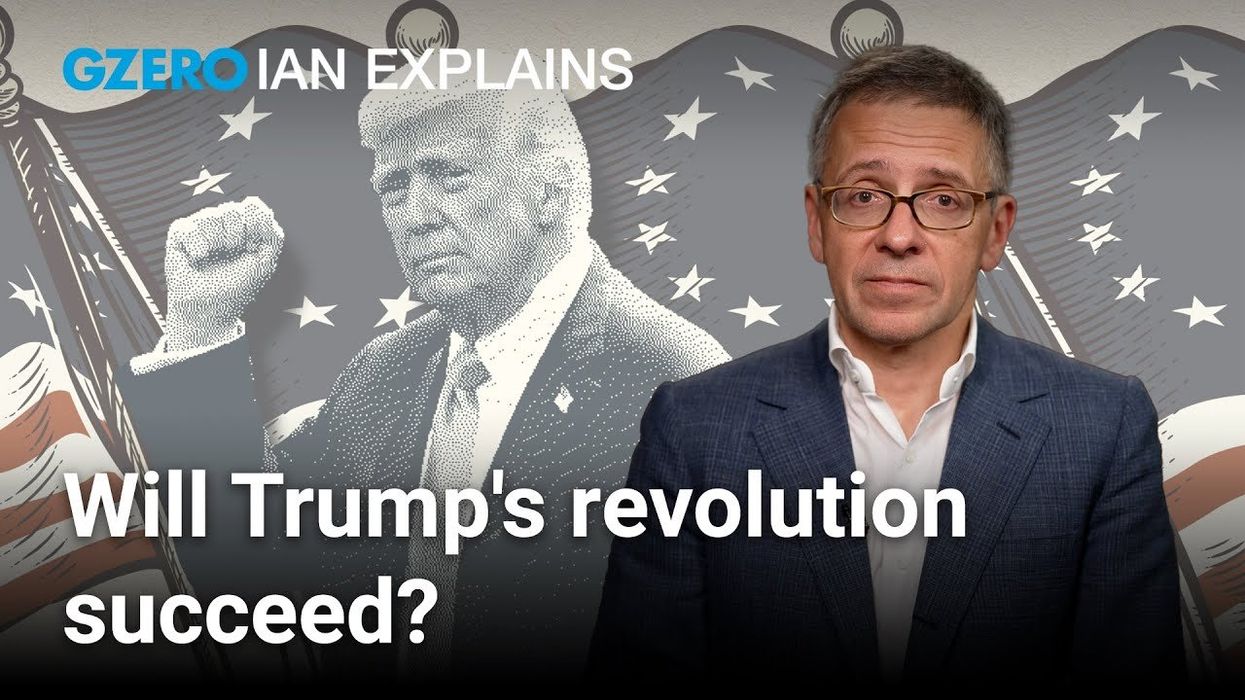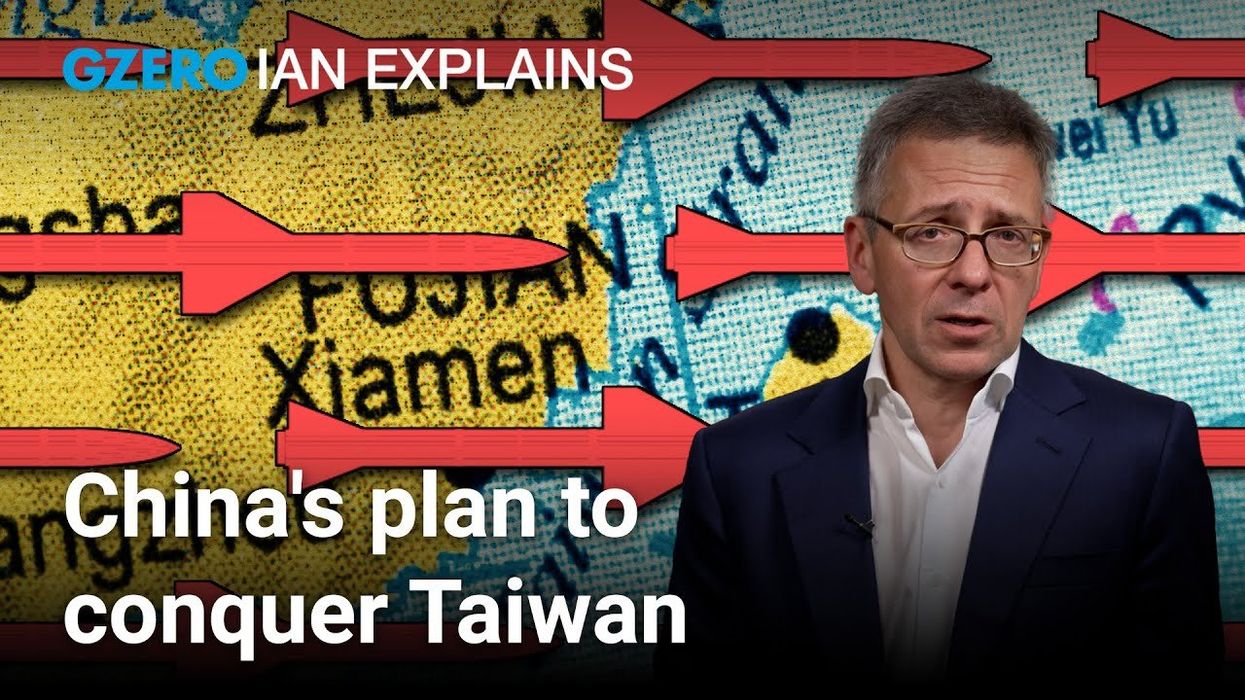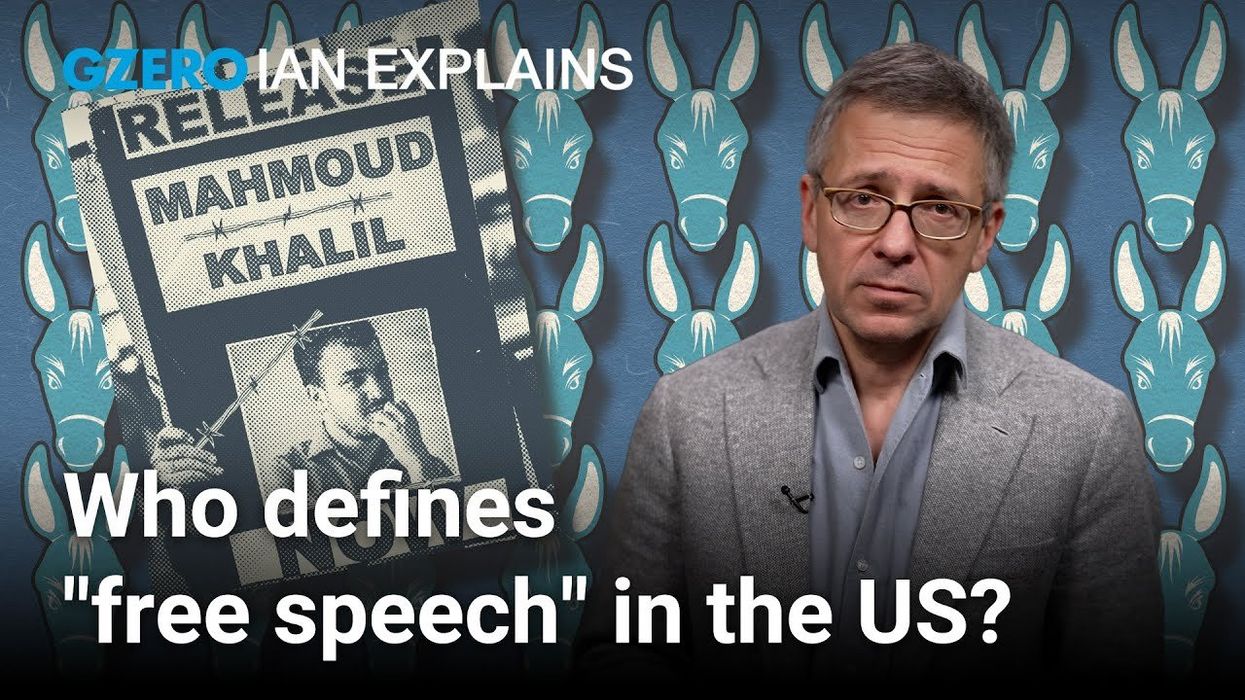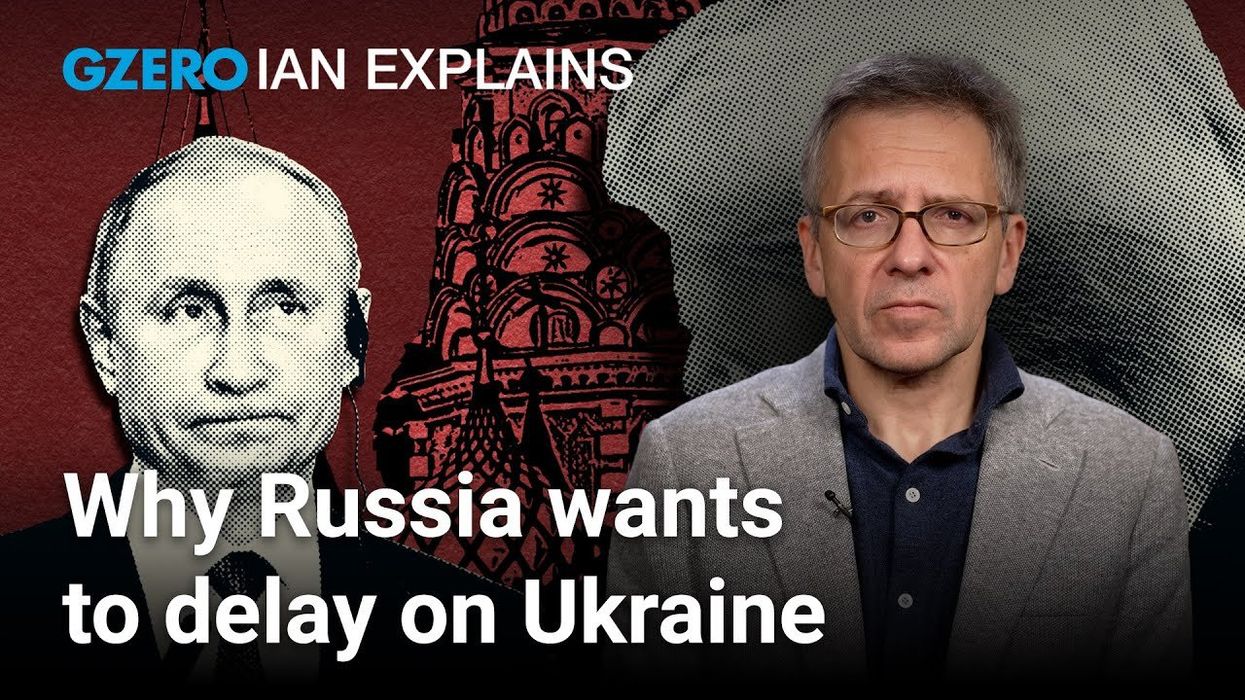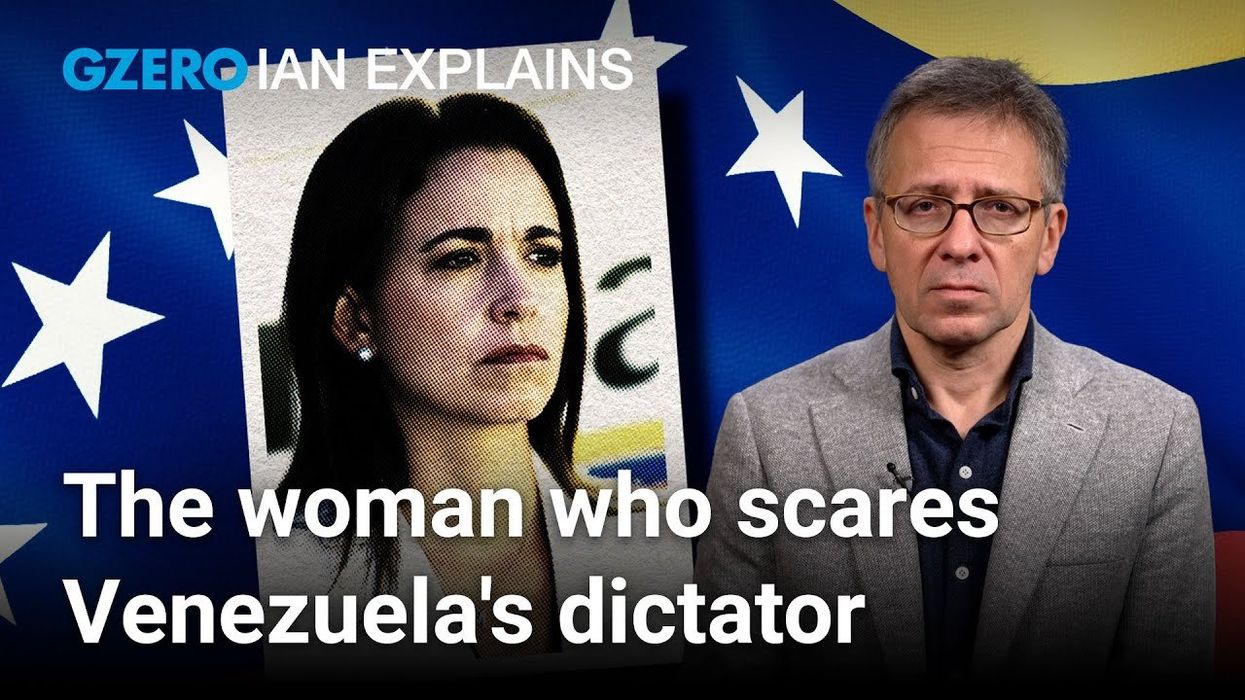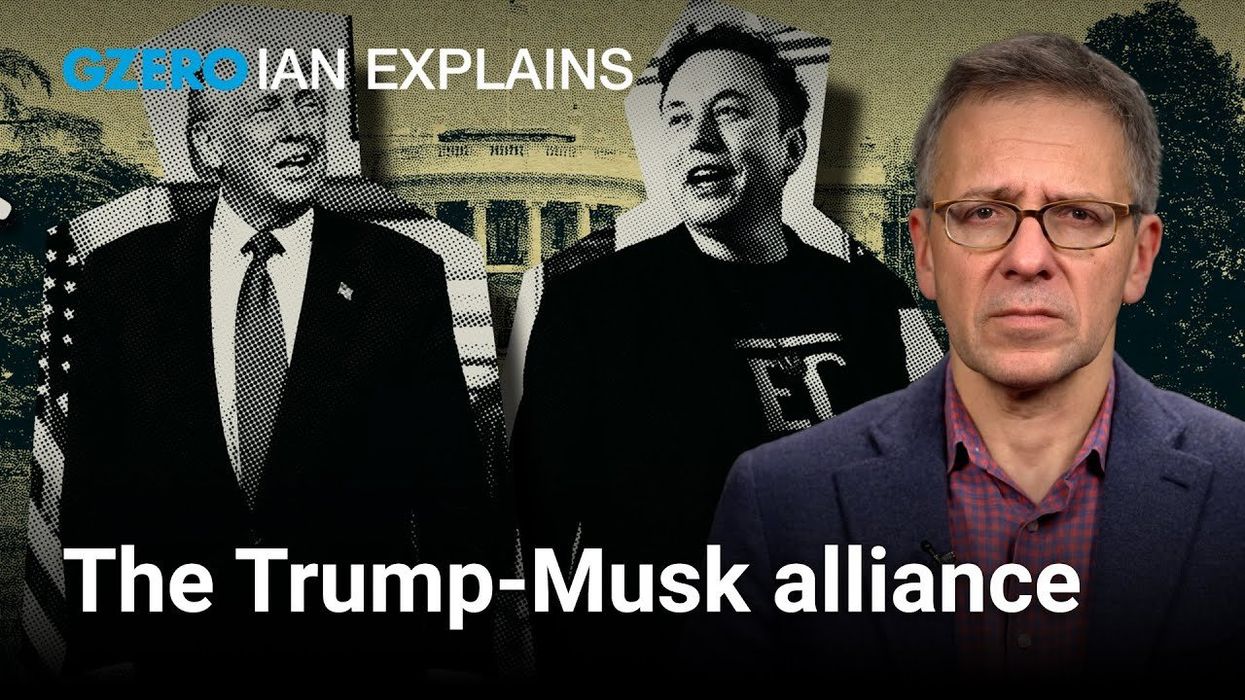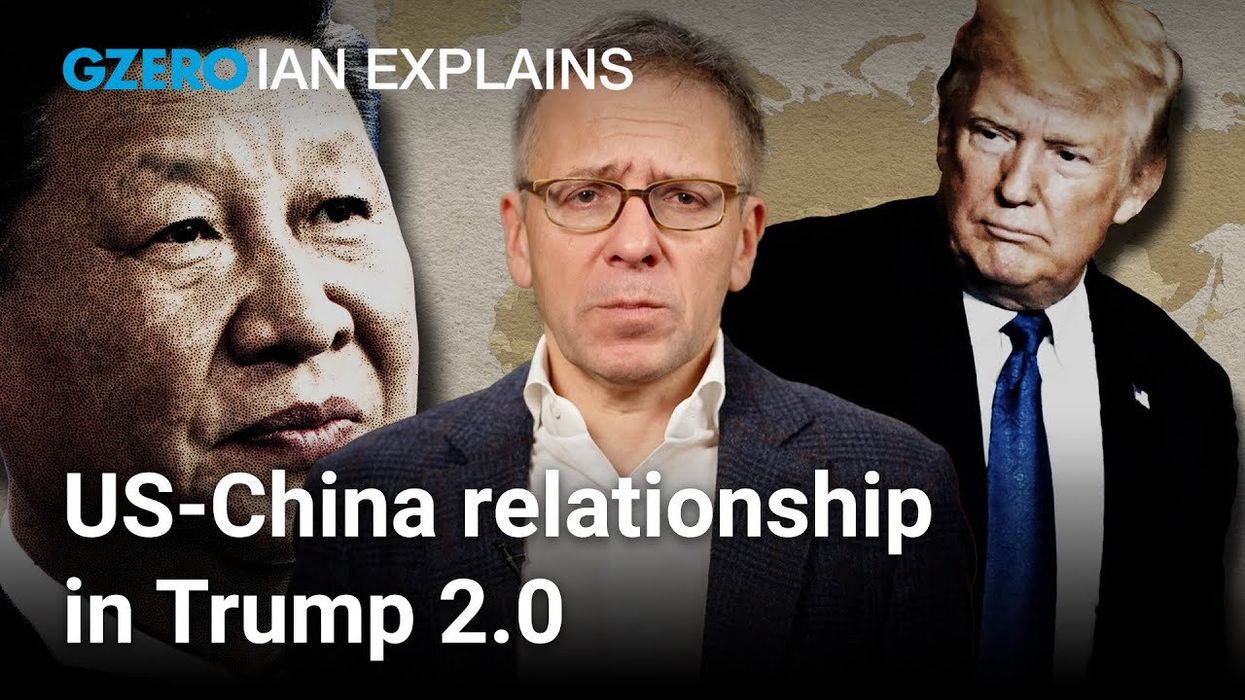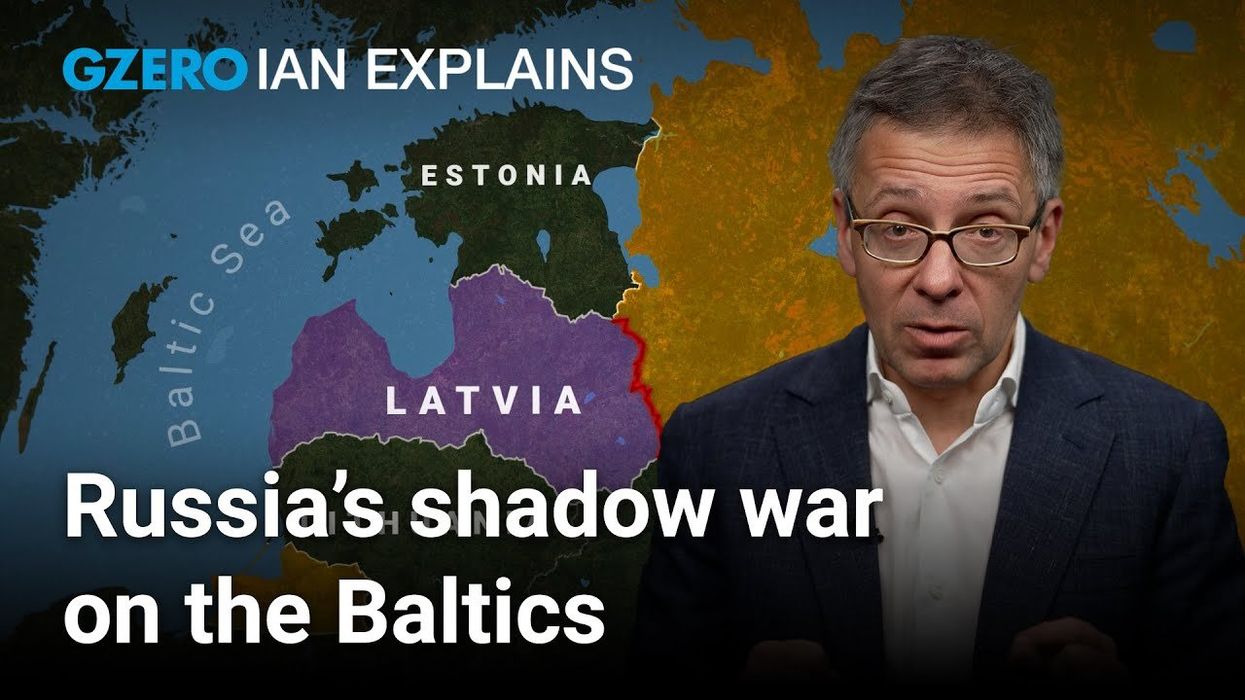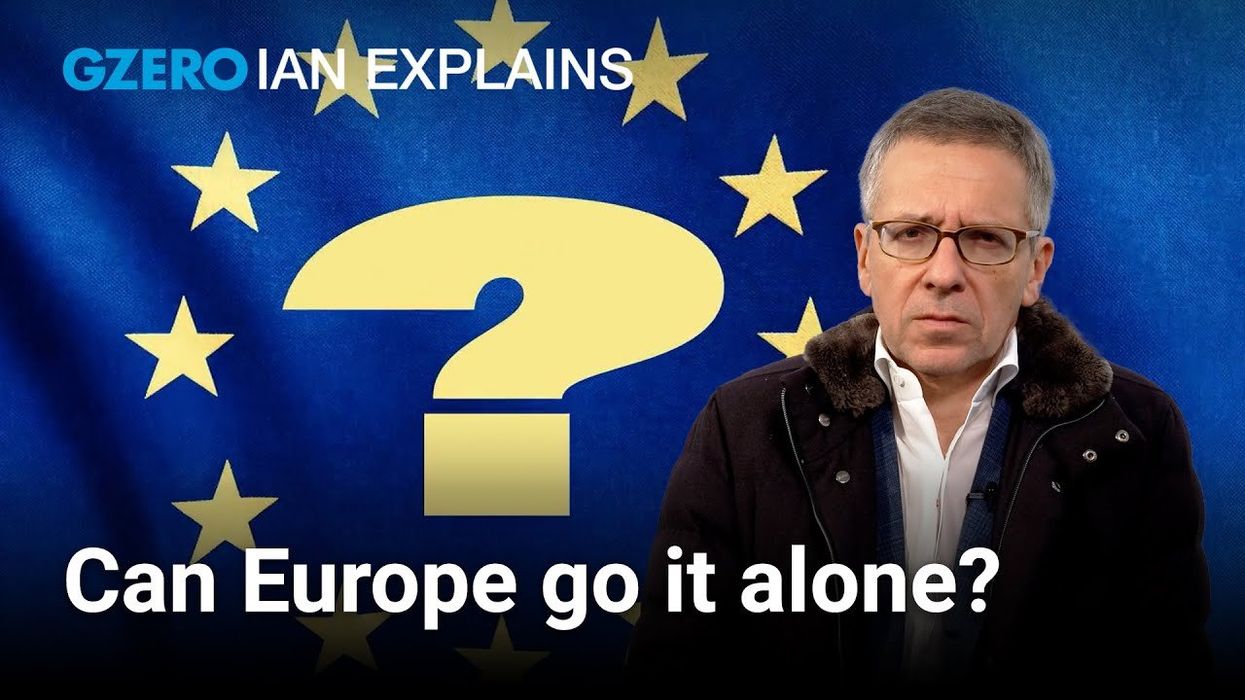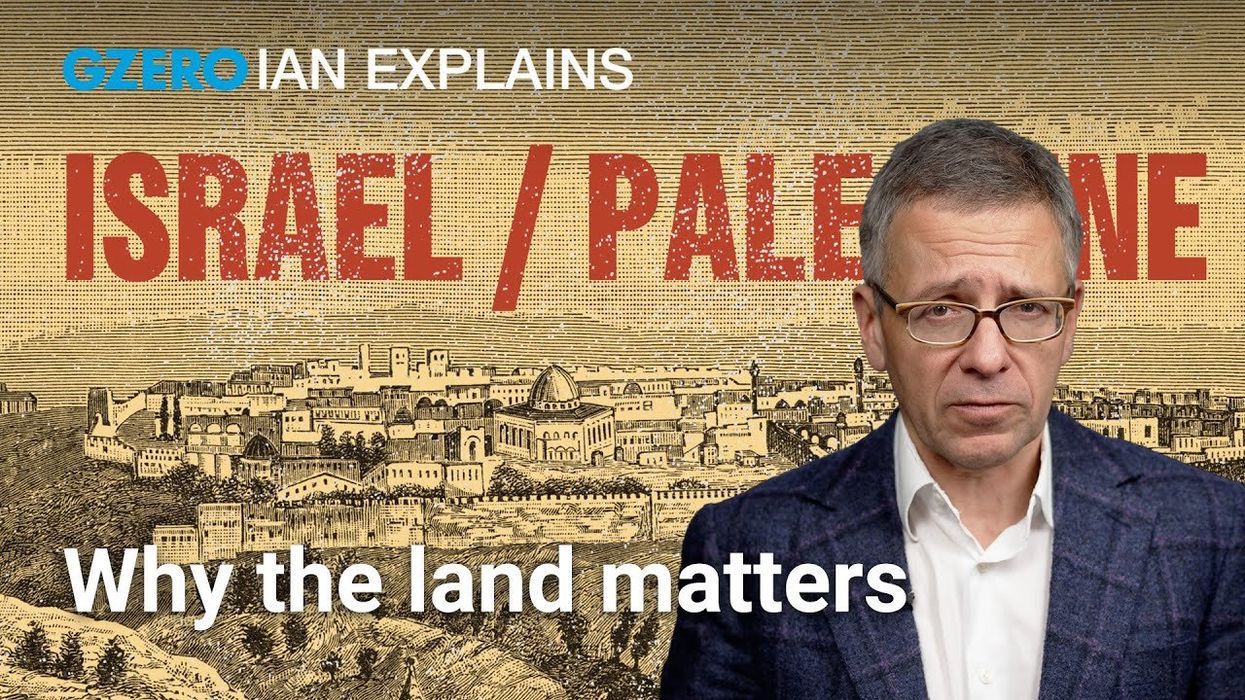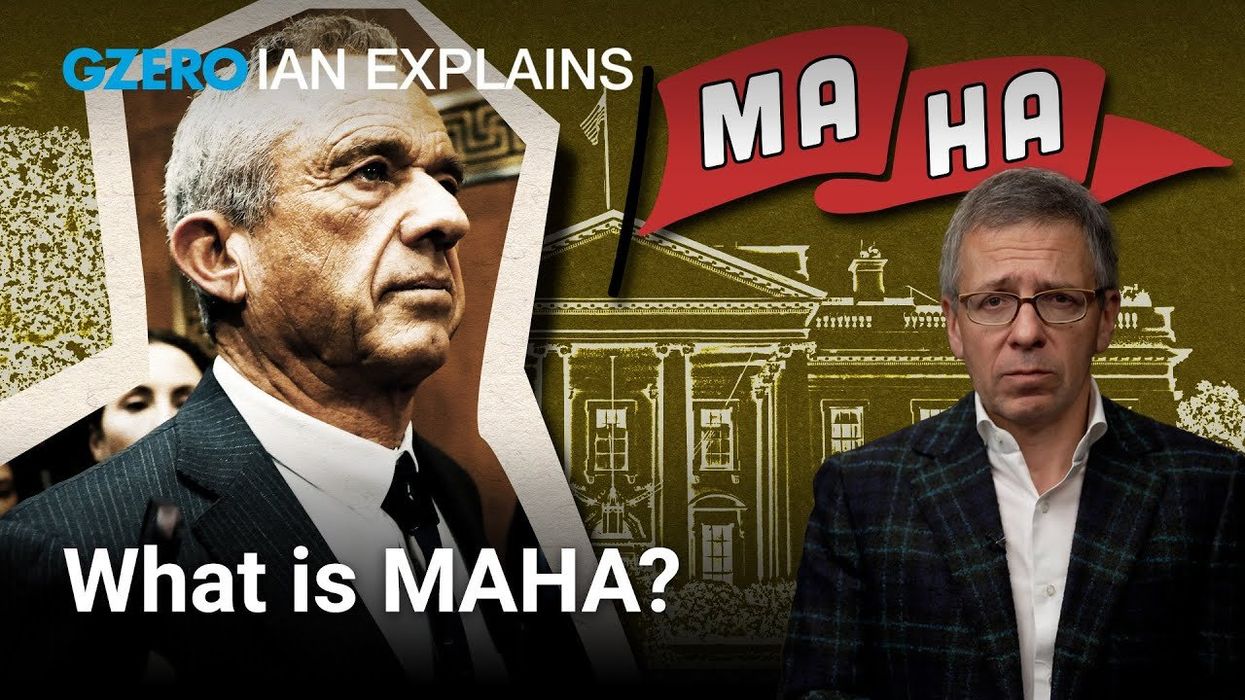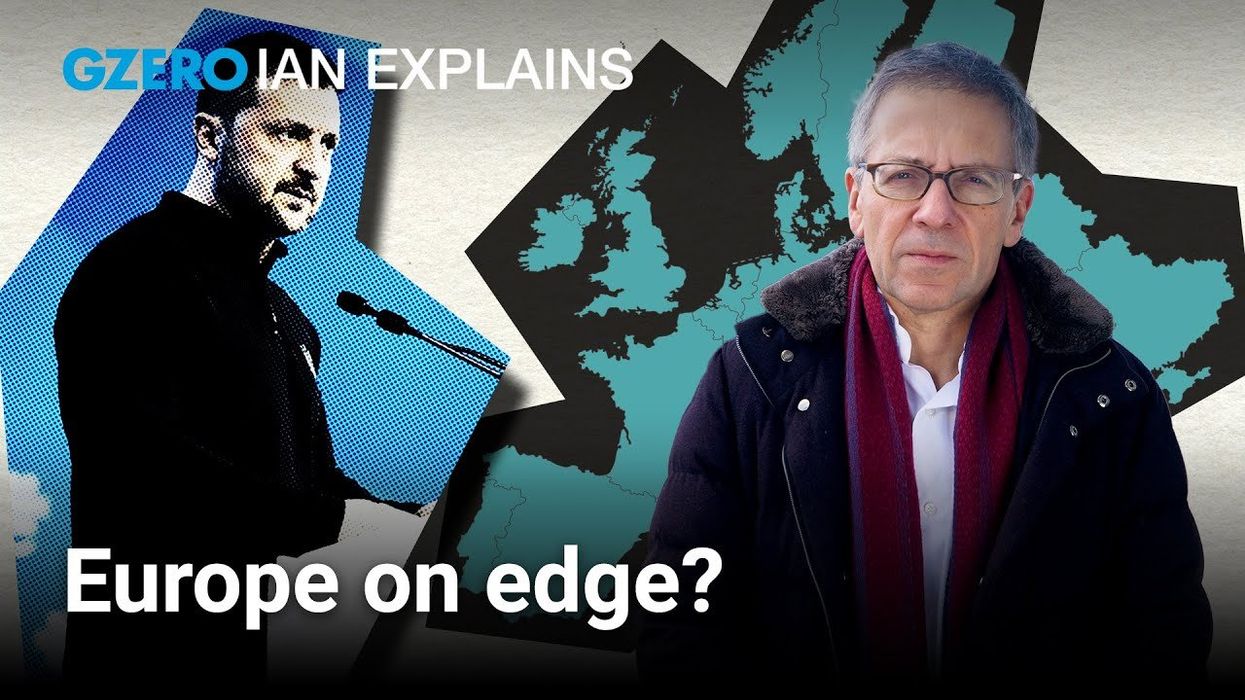VIDEOSGZERO World with Ian BremmerQuick TakePUPPET REGIMEIan ExplainsGZERO ReportsAsk IanGlobal Stage
Site Navigation
Search
Human content,
AI powered search.
Latest Stories
Start your day right!
Get latest updates and insights delivered to your inbox.
Why does Russia have a permanent seat on the United Nations Security Council?
On August 1, the United States will take over the Security Council presidency and it has a lot of major issues on the agenda, including food security, human rights, and addressing ongoing humanitarian crises in Haiti and Sudan.
But with Russia a permanent, veto-wielding member of the Council, the chances of any major resolutions the United States proposes actually passing are pretty slim, Ian Bremmer explains on GZERO World.
To understand why Russia has a permanent seat, you have to go back to the creation of the UN in 1945. The winners of World War II–the Americans and the allies–built the UN, including the Security Council. The five permanent members? They’re the WWII winners: the US, UK, France, China, and the Soviet Union.
By 1948, allies had quickly turned to adversaries as the Iron Curtain went up. But it was too late–the Security Council was created, enshrined, and fundamentally broken, all within three years.
Eighty years after its creation, it’s clear the Council no longer reflects the current reality. Veto power in the hands of geopolitical rivals keeps it from passing meaningful resolutions, and there are no countries from Latin America, Africa, or the Caribbean with permanent seats.
“A Security Council that retains the power of the veto in the hands of a few will still lead us to war,” said Barbados Prime Minister during the 2022 UN General Assembly.
There’s no question that we need a more effective and inclusive body to protect international peace in the modern era. But can the UN’s 193 member states put aside their differences to create it?
Watch Ian Explains for the full breakdown, and for more on the US, watch GZERO World with Ian Bremmer on US public television and at gzeromedia.com/gzeroworld.
Keep reading...Show less
More from Ian Explains
Why India and Pakistan can't get along
August 15, 2025
Trump's tariffs are already changing global trade
August 01, 2025
Do nuclear weapons make a country safer?
July 11, 2025
Israel, Iran, and the US went to war. Now what happens?
July 05, 2025
How China would seize Taiwan without firing a shot
June 06, 2025
What is artificial general intelligence?
May 16, 2025
50 Years on, have we learned the Vietnam War's lessons?
April 25, 2025
Will Trump pressure Putin for a Ukraine ceasefire?
April 11, 2025
Will the Trump-Musk relationship last?
March 28, 2025
Did Wall Street get Trump wrong?
March 21, 2025
What is President Trump's stance on China?
March 14, 2025
Russia’s next target? Why the Baltics are wary of Putin
February 28, 2025
Can Europe defend Ukraine without US support?
February 22, 2025
Trump to Gazans: Does it matter where you live?
February 15, 2025
What's behind RFK Jr.'s "Make America Healthy Again" movement?
February 07, 2025
Is Europe ready to embrace Trump's return to power?
January 31, 2025
What does Big Tech want from Trump?
January 17, 2025
GZERO Series
GZERO Daily: our free newsletter about global politics
Keep up with what’s going on around the world - and why it matters.

